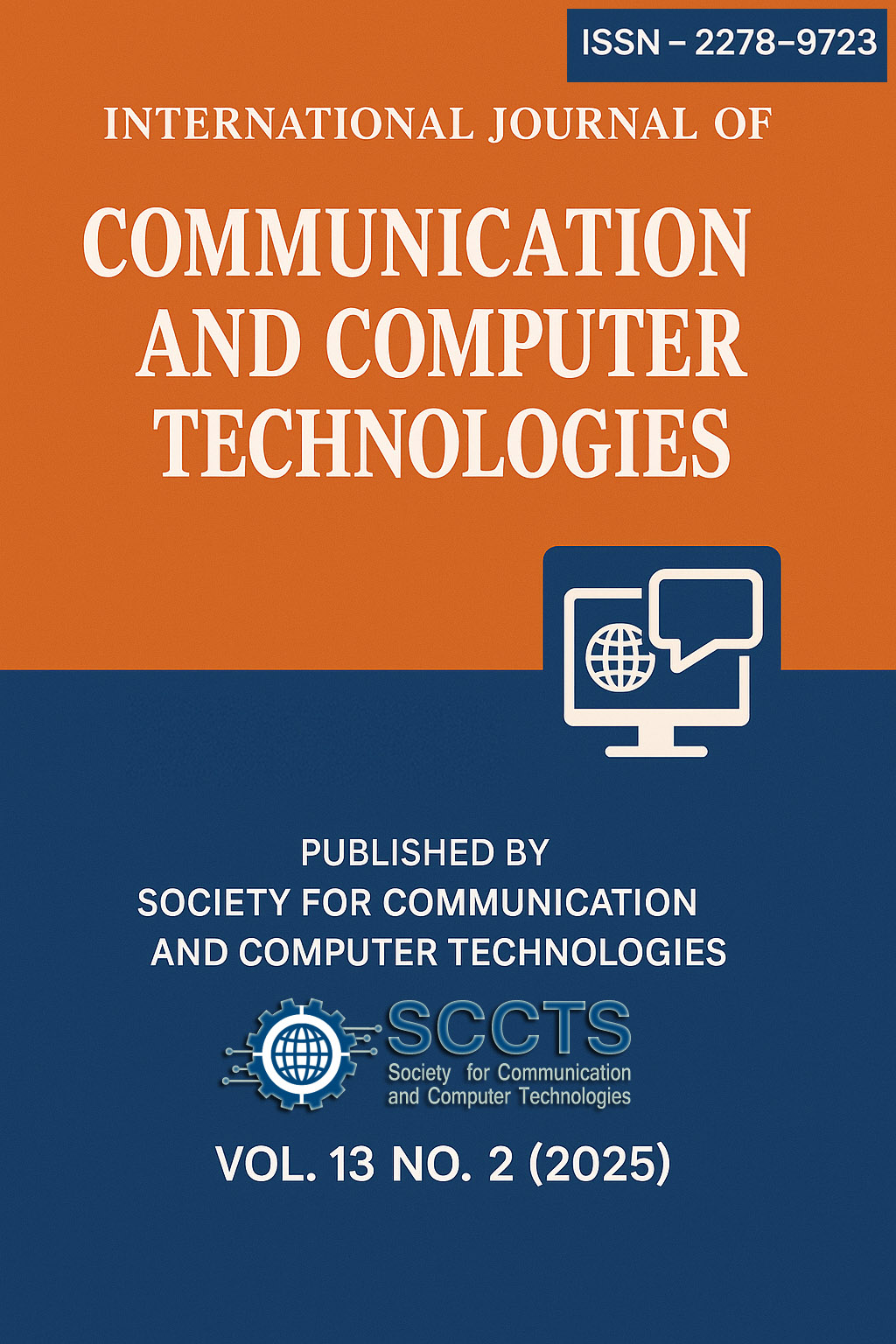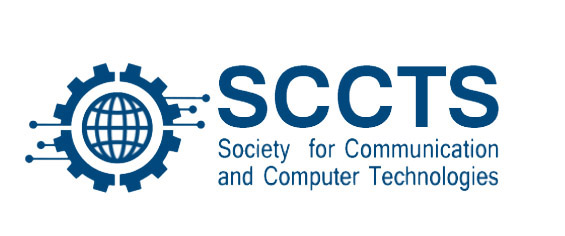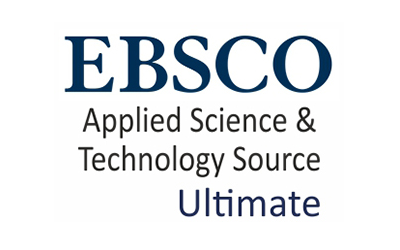Peer Review Policy
Peer Review Policy
The International Journal of Communication and Computer Technologies (IJCCTS) is committed to maintaining high standards of academic integrity and quality through a rigorous peer-review process. Our peer review policy is designed to ensure that all submitted manuscripts are evaluated fairly, objectively, and thoroughly.
1. Initial Submission and Screening:
- Submission Check: Upon submission, each manuscript undergoes an initial screening by the editorial office to ensure it meets the journal’s formatting and ethical guidelines.
- Plagiarism Check: The manuscript is checked for plagiarism using appropriate software to ensure originality.
2. Editorial Assessment:
- Editor Evaluation: An assigned editor reviews the manuscript for its relevance to the journal’s scope, scientific soundness, and overall quality.
- Decision to Review: Based on the initial assessment, the editor decides whether to send the manuscript for peer review. Manuscripts that do not meet the journal’s standards or scope may be rejected at this stage.
3. Peer Review Process:
- Reviewer Selection: The editor selects at least two independent reviewers with expertise in the relevant field. Reviewers are chosen based on their knowledge, experience, and impartiality.
- Double-Blind Review: IJCCTS follows a double-blind review process, where both the reviewers and the authors remain anonymous to each other. This ensures unbiased and objective evaluations.
- Review Criteria: Reviewers assess the manuscript based on criteria including originality, methodology, significance of results, clarity of presentation, and relevance to the field.
- Reviewer Reports: Reviewers provide detailed comments and recommendations regarding the manuscript’s strengths, weaknesses, and areas for improvement. They may recommend acceptance, minor revisions, major revisions, or rejection.
4. Editorial Decision:
- Review Synthesis: The editor reviews the feedback from all reviewers and makes a decision regarding the manuscript.
- Decision Notification: Authors are informed of the decision, along with the reviewers' comments. If revisions are required, detailed instructions are provided.
5. Revision and Re-evaluation:
- Revisions: Authors are given an opportunity to revise their manuscript based on the reviewers' comments. Revised manuscripts must be resubmitted within the specified timeframe.
- Re-review: The revised manuscript may be sent back to the original reviewers or to new reviewers for further evaluation, if necessary.
6. Final Decision and Publication:
- Acceptance: Once the manuscript meets the journal’s standards, it is accepted for publication.
- Proofs: Authors receive proofs for final review before publication. Corrections are made as needed.
- Publication: The final manuscript is published online and is freely accessible to the global community.
7. Appeals:
- Appeal Process: Authors who believe their manuscript was unfairly rejected can submit an appeal to the editorial office. Appeals must be based on specific points of contention and will be reviewed by the editorial board.
8. Confidentiality:
- Confidential Handling: All manuscripts and review reports are treated confidentially. Reviewers are instructed to maintain confidentiality regarding the content and findings of the manuscripts they review.
9. Ethical Considerations:
- Ethical Compliance: Reviewers are required to disclose any potential conflicts of interest and to adhere to ethical guidelines in their review process.
- Misconduct: Any suspected cases of misconduct, such as plagiarism or data fabrication, are investigated thoroughly.
By adhering to this peer review policy, IJCCTS ensures the publication of high-quality, reliable, and impactful research in the fields of communication and computer technologies.




 The articles in Worldwide Medicine are open access articles licensed under the terms of the
The articles in Worldwide Medicine are open access articles licensed under the terms of the 